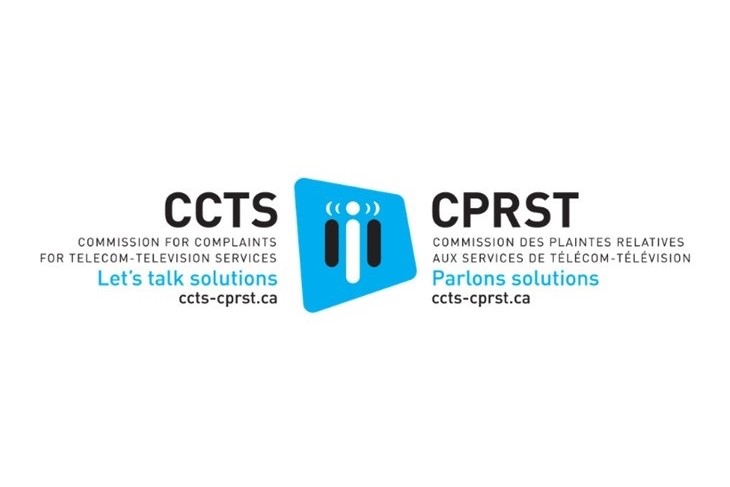
The percentage of telecom and TV service providers who are compliant with the Commission for Complaints for Telecom-television Services (CCTS) rules for providing information about the CCTS on their websites has increased over the last few years, according to the organization’s 2023 Compliance Report Cards, published early Thursday morning.
Internet, phone and licensed TV service providers in Canada are required by the CRTC to participate in the CCTS and its ombudsman complaint-resolution program.
In 2023, 35 per cent of 51 audited participating service providers (PSPs) were fully compliant with the requirements to inform their customers about the CCTS on their websites in both English and French, according to the CCTS compliance report cards. In 2019, only 14 per cent of the audited PSPs were fully compliant.
“The CCTS’ compliance engagement work over this past year has resulted in more service providers becoming compliant with the public awareness rules so that customers are made aware of our free complaint-resolution service,” Janet Lo, the CCTS’s assistant commissioner for legal, regulatory and stakeholder affairs, said in a press release.
“However, we remain concerned with repeat non-compliance in certain areas, which is described in the latest Compliance Report Cards. Our goal is to engage with and educate telephone, TV and internet service providers about their obligations so that customers can find information about how to access CCTS’ dispute resolution service when required.”
Through its 2023 audit, the CCTS found 52 per cent of the PSPs’ websites that had a search function (15 out of 29 audited PSPs) did not have an easily accessible complaints section.
“The search function on a majority of service provider websites that were audited did not direct web visitors to the CCTS’ dispute resolution information. Rogers and TELUS have been non-compliant with this important requirement in 4 out of the last 5 years,” says the CCTS press release. “Providing access to these details is important so customers know about the availability of the CCTS’ free and impartial service in the event of an unresolved complaint.”
There has been some improvement in this area, however. The percentage of PSP websites that were non-compliant with the search function requirement was 55 per cent in 2022 and more than 70 per cent in 2021, according to the CCTS.
When all 51 audited PSPs were included (both those with and without search functions on their websites), the CCTS information on their complaint webpages was either not easy to find or not clearly labelled in 45 per cent of the cases (23 out of 51 PSPs).
All PSPs in Canada must comply with the complaint-handling process outlined in the CCTS’s Procedural Code. When it comes to implementing complaint resolutions or CCTS investigation findings, the CCTS found in 2023 approximately a dozen service providers that did not promptly implement customer redress to which they had agreed or which was mandated by the CCTS after an investigation. In nine out of the 11 cases identified, the PSP rectified the matter after engagement with the CCTS’s compliance team. The two PSPs that were unable to rectify their non-compliance advised the CCTS they were going out of business, and the CCTS subsequently terminated their participation and advised the customers to consider alternative recourse.
“Where a customer and service provider agree to resolve the issue, or where the CCTS issues Investigation Findings requiring the service provider to fix a problem, the service provider must implement the outcome (emphasis in original),” the CCTS press release says. “Service provider failure to do so deprives customers of recourse to which they are entitled, such as a service reconnection, credit or refund being issued, or a billing error correction.”
“The CCTS appreciates the level of cooperation and engagement of most service providers and invests considerable time to provide reminder checklists and work with non-compliant providers to explain requirements,” Lo said. “We do find that many providers want to work with us to rectify any issues, and these actions ultimately mean better access to a fair, effective, and efficient complaint-handling process for consumers.”



